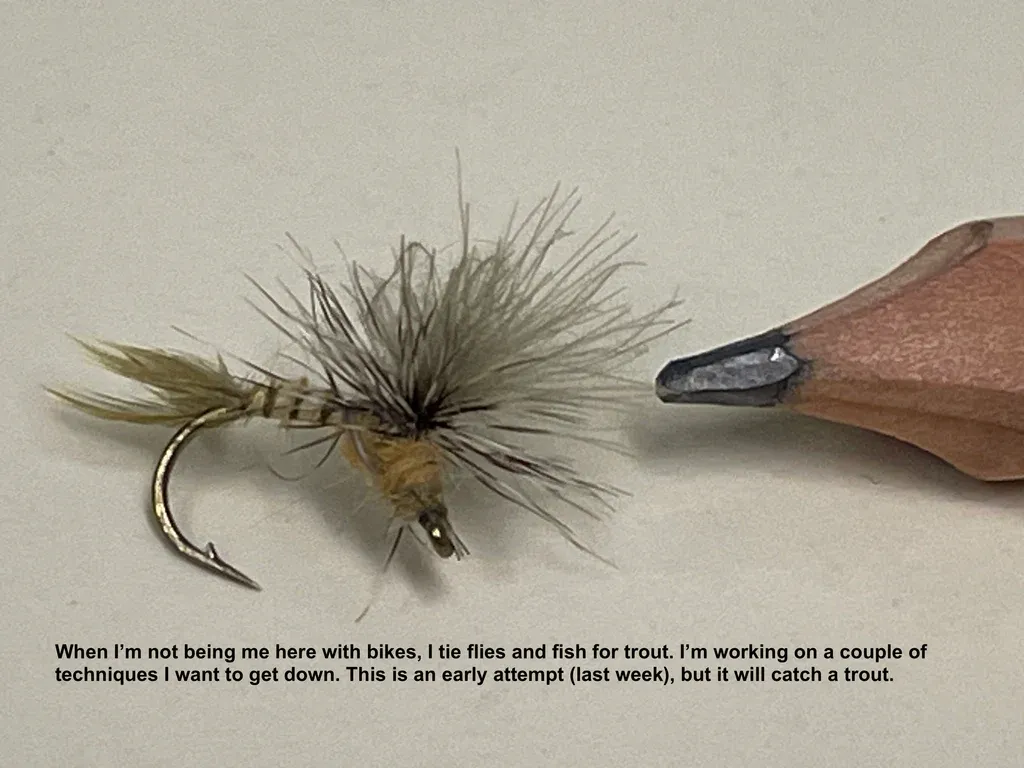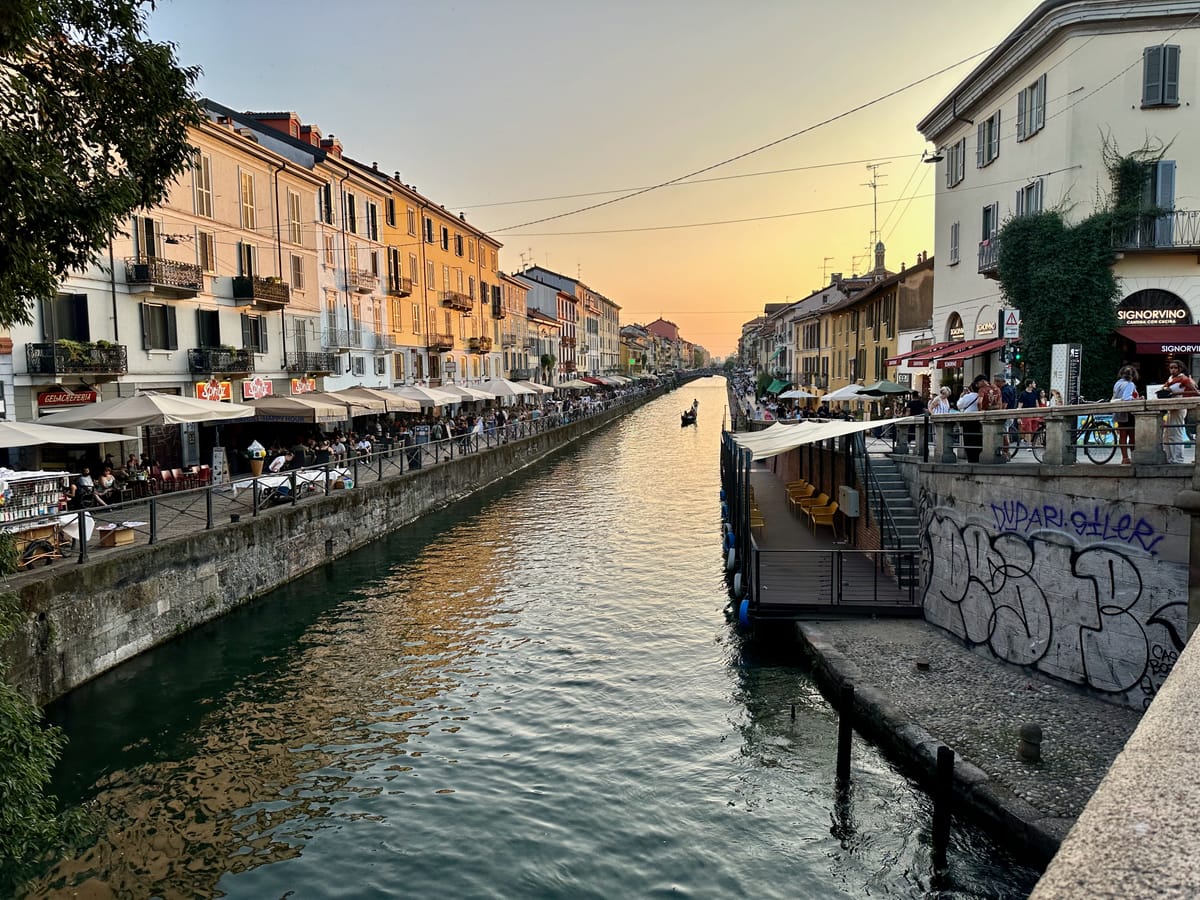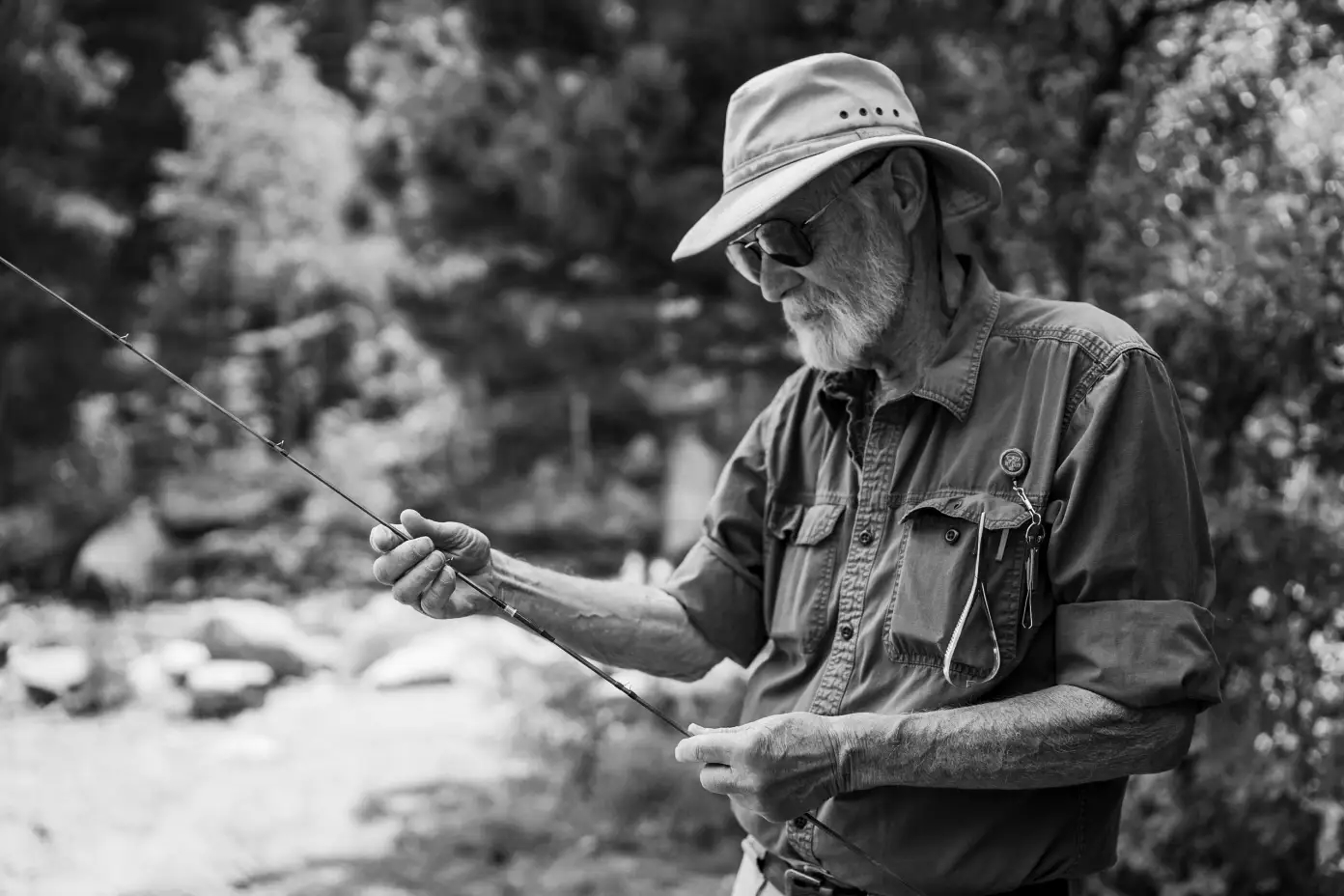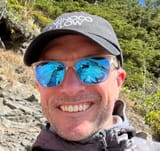High-torque and low-torque activities
Digging in on the progression from Aspen Extreme to Trout Bum (RIP John Gierach), Grant Petersen CFS GOAT, SalmonSuperHwy lauded by the White House, and more

CFS crew: Well, just like that, Fall term is over and done. The weather held on, with pleasant late summer conditions, and we had two weeks of great classes, the Intro to Fly Fishing and the Clackamas river outing.
Before each of our outings, we do a little prep call. I talk a little about the watershed, we look at the fishable sections, and specifics that might be interesting to participants.
It’s also a chance for me to get to know everyone. I’m interested in what their angling goals are, and what different types of coaching in my bag of tricks I might need to bring.
In that introduction, one angler used a phrase that stuck out to me. He said he was new to fly fishing, after having participated in many “high-torque” activities. As a former skateboarder and snowboarder, it rang true. Sure, we can get twisted: aggressive casting, gnarly river access. But fly fishing is decidedly not “high-torque”.
Fly fishing does however allow for a sort of transfer of experience, and a way of being in common with those other types of high-torque activities.
You have to be able to summon and sustain a state of concentration. To see your fly on the water, whether literally, or through a form of projection. To isolate the zone you think it should be, if you can’t see it directly, to try and stare through the inanimate objects, swirling water, glare, for anything resembling a fish’s movement toward the fly. It's not unlike learning to read waves when surfing.
You have to be able to act in balance, casting, wading, holding your body with precision through complex, non-intuitive movements, and with opposing forces. Holding an edge. Grinding a curb.
You have to be able to accept a sort of non-determinate availability of the “playing field” and work with the terrain you’re given. The snow, the ocean, the fickleness of the gravel path, the skate-stoppers installed on your favorite ledge, the salmon running the trout out of their usual hidey-holes. Your favorite riffle is going to go through sometimes dramatic change in the span between when you’ve last visited and next Saturday. Being able to adapt and be creative is key.
Recently, bicycle designer Grant Petersen was profiled in the New Yorker. Peterson’s a unique person in the world of bikes, and has an important design philosophy.
I’ve read his book. I ride a bike he designed. (A thirty-two-year-old Bridgestone…not a Rivendell…yet.) It’s a slightly-nicer model of my first mountain bike, which I got when I was twelve.
Besides the fact Petersen seems to be an avid angler, and fly fishing gear is spotted around the Rivendell HQ, one of the writer’s observations that stuck out to me is the progression from high-torque to low-torque activities that his staff seems to go through:
Rivendell has twelve employees, a disproportionate number of whom are into vintage cameras; for a while, the shop had a darkroom. (“Skateboarders tend to follow a trajectory,” Keating told me. “They skate, then they get into photography, then they get into bicycles, and then they get into birding.”)
Notice the progression from high-torque to low-torque? Does that sound like anyone you know? I saw myself in that paragraph. Maybe it's something like this:
| HIGH TORQUE | Low torque |
|---|---|
| Free skiing | X-country |
| Street skating | Longboarding |
| Tour de France | Rivendell |
| Wetsuiting for stripers | Tenkara |
| Rock climbing | Birdwatching |
Torque's not a binary. It's a spectrum. Some times I'm more like a wetsuiter. Mostly not. I'm always thinking about the potential for an ACL tear, or drowning.
Anyway. I see the best bits of myself in Grant, and what he's working on. Here’s a photo from one of his blog entries. Grant gets it.

What do we think, should we find a way to get connected with the guy who was doing cool newsletters decades before newsletters were cool, and talk to him about fly fishing and flow states? I’ll file that away for the dream list, unless you can introduce me.
Rivendell’s online store sells books, and here’s some of what Grant has to say about Simple Fly Fishing, the Patagonia book, which I recommend to every beginner. I don’t want to copy the whole thing, but you should read it.
The lessons of Simple Fly Fishing apply to any past-time, any sport, any activity you can do, no matter how much or little equipment it requires. It won’t reduce bicycle riding to a unicycle or even a fixed-gear bike. It won’t make you feel shame for owning ten bikes…or ten fly rods or ten of anything else, for that matter. Its focus is on a type of fly-fishing that started in Japan 400 years ago and is now being reborn or resurrected or repackaged as Tenkara. The fishing itself, the riding itself.
Wrapping up Fly Fishing in the Italian Alps
Arrivederci, Italia. Our rewind through all the prosciutto and melon, the molto bene, bravissimo! best and the scheiße würst is complete with a review of my casual packing philosophy and some essential items for fly fishing abroad.

In case you missed it, previously in the Fly Fishing in the Italian Alps series:
- Part 1, all about the rules and regulations around fly fishing in Italy
- Part 2, fishing the Ram up near the Swiss border
- Part 3, searching for marble trout in the Passer river
- Part 4, in Piemonte, the heartland of the Italian Alps
RIP John Gierach
I was just about finished with this issue of the newsletter when I learned about John Gierach passing. Gierach was an incredible influence on me when I was first starting out, and continued to be whenever I encountered his work. His output never waned.
He's relevant to anyone who considers themselves a subscriber to the idea that fly fishing is at its core countercultural—in the Minor Threat “Out of Step” sense—and will perpetually evolve to defy convention and commercialization in the face of the boundless creativity of the natural world.

We’ll do a Gierach tribute issue soon, with a heavy heart. But until then, pick up a copy of Trout Bum if you haven't yet, or if you haven't in a while.
I’m here by the fireplace, listening to my old dog snore in his bed, thumbing through mine. A book that changed my life some three decades ago.
National nod for the Salmon SuperHwy
Here's a solid compilation from the federal government of leading fish passage projects. It's great to see the Salmon SuperHwy project, which aims to connect up 180 miles of riparian ecosystem on Oregon's North Coast, get some love.
There's an awful amount of effort and care that went into getting this megaproject (a portfolio comprised of over 90 individual projects) to the halfway point. Hats off to the Trout Unlimited teams, and other partners, who have made this happen.
Come out to the TU Clackamas chapter meeting Tuesday night in Portland to learn more, and hear a presentation on big river rainbows in Alaska.
Current Flow State is a weekly newsletter from me, Nick Parish.
If you enjoyed this, please forward it to a friend.
Read our editorial policy or browse the newsletter archives.
CFS Explorer members support and sustain the site, our community. Learn more about membership benefits. If you're getting value from this material, consider becoming a member and giving back.






